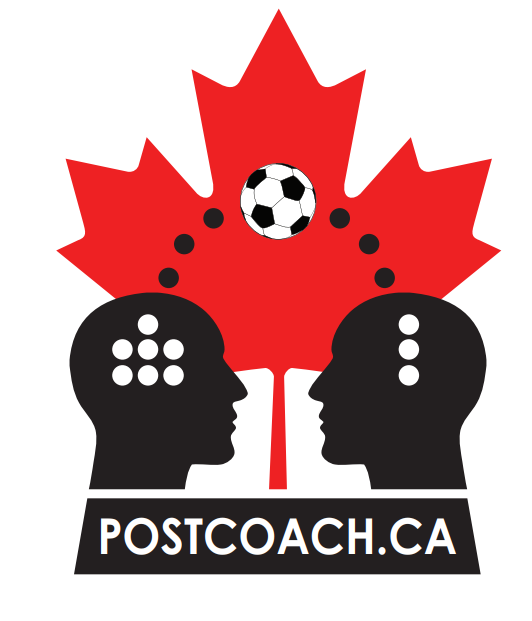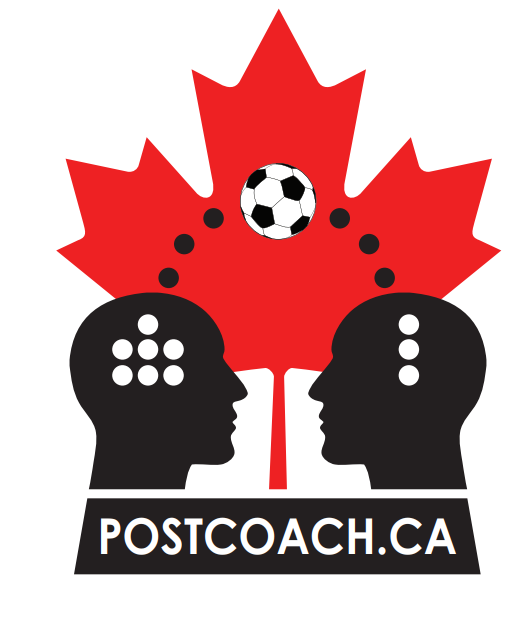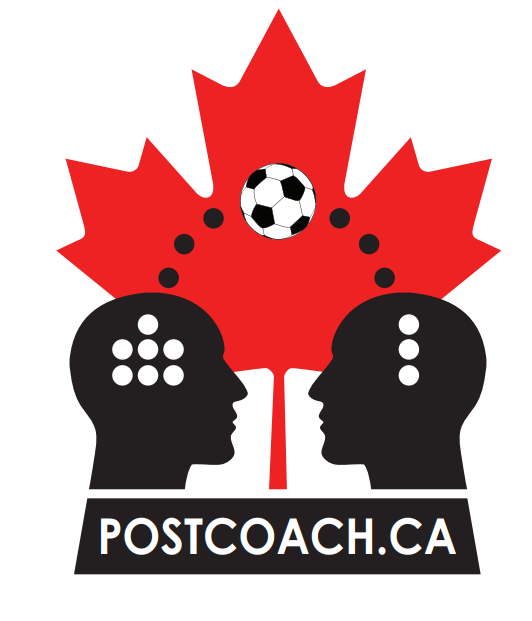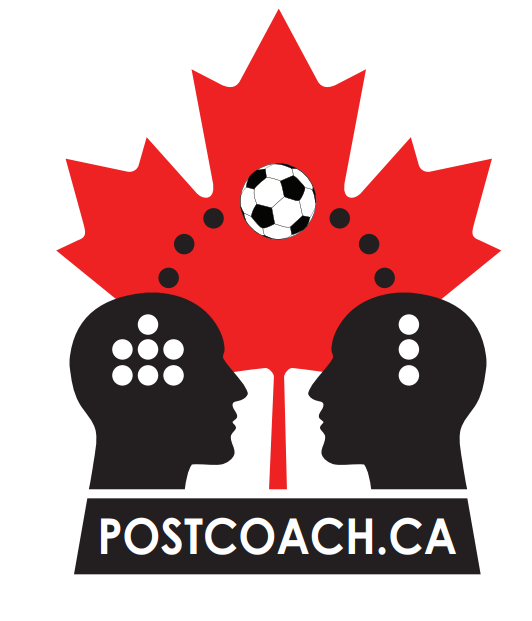Five Things You Should Know About the Canadian Anti-Doping Program
Story courtesy of SIRC. Posted on January 20, 2021 by Megan Cumming, Canadian Centre for Ethics in Sport (CCES) https://sirc.ca/blog/five-things-about-canadian-anti-doping/

Anti-doping is often thought to be exclusive to high-performance sport. Athletes are whisked away from the public eye after winning events to have urine and blood collected. It’s true that testing athletes at competitions is an important element of a successful anti-doping program, but there is much more involved in creating a sporting culture that values and celebrates clean sport.
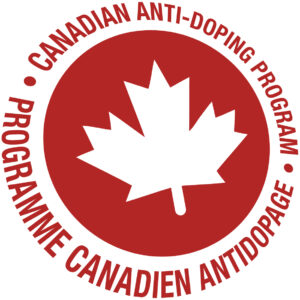
On January 1, 2021, a new version of the Canadian Anti-Doping Program (CADP) came into effect. As the country’s anti-doping agency, the Canadian Centre for Ethics in Sport (CCES) administers the CADP on behalf of the sport community. The CCES is proud to implement an effective anti-doping program that is tailored for Canadian sport and provides the most value to those who are subject to the rules.
Here are five things that all sport stakeholders should know about the 2021 Canadian Anti-Doping Program:
1. The CADP is compliant with the World Anti-Doping Code
The revised World Anti-Doping Code (hereafter referred to as the Code) also came into effect on January 1, 2021. The Code is updated every six years following an extensive stakeholder consultation process managed by the World Anti-Doping Agency (WADA). This most recent version was ratified at the fifth World Conference on Doping in Sport in November 2019.
As a signatory to the Code, the CCES had to update the 2015 CADP to reflect the 2021 Code. To meet that requirement, the CCES released the 2021 CADP to the sport community on October 15, 2020 following a six-month, multi-phase stakeholder consultation.
WADA determined that the 2021 CADP is compliant with the Code and all associated elements, which protects Canadian athletes’ fundamental right to participate in doping-free sport and ensures the Canadian program is harmonized with anti-doping programs at the international and national level.
Over the years, Canadian athletes have expressed concern that other anti-doping programs are not as rigorous as the CADP and they can’t be sure their competitors are subject to the same anti-doping standards. Revisions to an international standard in the 2021 Code aim to provide harmonized, coordinated, and effective anti-doping programs at the international and national level. WADA will ensure all Code signatories are compliant through the 2021 International Standard for Code Compliance by Signatories that includes legal, technical, and operational requirements.
2. The new international Athletes’ Anti-Doping Rights Act is incorporated into the CADP
The CCES incorporated WADA’s new Athletes’ Anti-Doping Rights ActOpens in a new window directly into the rules of the 2021 CADP. Developed by athletes, for athletes, WADA introduced the Act during the 2021 Code consultation process to outline various athlete rights with respect to the fight against doping and to further support athletes worldwide in their right to compete in clean, fair and ethical sport.
The Act has two parts. The first part reiterates athlete rights found in other parts of the Code and its international standards. The second part is more aspirational, and sets out rights that athletes recommend for anti-doping organizations to adopt as a best practice. The CCES is committed to upholding the rights of Canadian athletes as laid out in the Act, with an emphasis on those identified in the second part of the Act:
- Athletes have the right to an anti-doping system free from corruption.
- Athletes have the right to participate in governance and decision-making.
- Athletes have the right to legal aid.
3. The CADP belongs to Canadian sport
In its role as Canada’s anti-doping organization, the CCES implements and administers the CADP, but the program belongs to the Canadian sport community. To ensure every new version of the CADP meets the needs of stakeholders, the CCES engages in a thorough consultation process that puts athletes at the heart of the issues.
The CCES collected feedback and suggestions for the 2021 CADP through targeted stakeholder consultations that included athletes, sport organizations, and expert groups. Then, stakeholder feedback was considered against the required rules of the World Anti-Doping Code, and appropriate changes were made to the 2021 Canadian program.
To ensure athletes’ perspectives were captured in the consultation process, the CCES consulted with long-term partner AthletesCAN, the association of Canada’s national team athletes. These experienced individuals shared their anti-doping expertise and insight to the benefit of all Canadian athletes.
4. The CADP is not just for athletes
The CCES aims to provide everyone in the sport community with the tools and resources they need to foster an environment that values clean sport. Despite this, some athletes and support personnel may choose to engage in doping activities. In such an event, the jurisdiction of the 2021 CADP extends beyond athletes to encompass athlete support personnel, who are also eligible to receive anti-doping rule violations. This includes coaches, trainers, managers, agents, team staff, officials, medical and paramedical personnel, and even parents who are involved with a sport that has adopted the CADP.
Under the 2021 CADP, a smaller group of designated support personnel will be required to complete online learning and to sign an agreement confirming they have been educated on and understand their requirements related to the CADP.
The CCES will collaborate with sport organizations during the 2021 CADP adoption period to identify candidates for this designation.
5. The CADP is supported by values-based education
The CCES appreciates that clean sport does not exist simply because an anti-doping program exists. It exists because organizations and individuals make an effort to ensure that everyone involved has the knowledge, tools and motivation to protect themselves and the integrity of their sport.
The 2021 CADP describes a values-based approach to educational programming, and the CCES, in turn, delivers an education program that couples anti-doping topics, such as prohibited substances and anti-doping rule violations, with the development of individual beliefs, attitudes and life skills, and the establishment of environments that strongly support clean sport. This method helps athletes and support personnel understand how activities like doping and cheating run contrary to the values of Canadian sport.
The majority of the CCES’s CADP-related education is delivered to learners across the country via the suite of True Sport Clean online learning courses in English or French, and provides targeted modules for learners with different requirements, such as testing pool athletes, and athlete support personnel. The CCES also delivers in-person presentations that reinforce the online learning content and aim to have a positive and long-term influence on the values and choices made by athletes and their support teams.
For more information, consult the 2021 Canadian Anti-Doping ProgramOpens in a new window and World Anti-Doping CodeOpens in a new window.
About the CCES
The Canadian Centre for Ethics in Sport (CCES)Opens in a new window is an independent, national, not-for-profit organization with a responsibility to administer the Canadian Anti-Doping Program. We recognize that true sport can make a great difference for individuals, communities and our country. The CCES acknowledges funding, in part, from the Government of Canada. We are committed to making sport better by working collaboratively to activate a values-based and principle-driven sport system; protecting the integrity of sport from the negative forces of doping and other unethical threats; and advocating for sport that is fair, safe and open to everyone.
About the Author
Megan Cumming is the Corporate Communications Manager with the Canadian Centre for Ethics in Sport (CCES). She has held many roles with the CCES and has a passion for amateur sport, from grassroots to high-performance.
